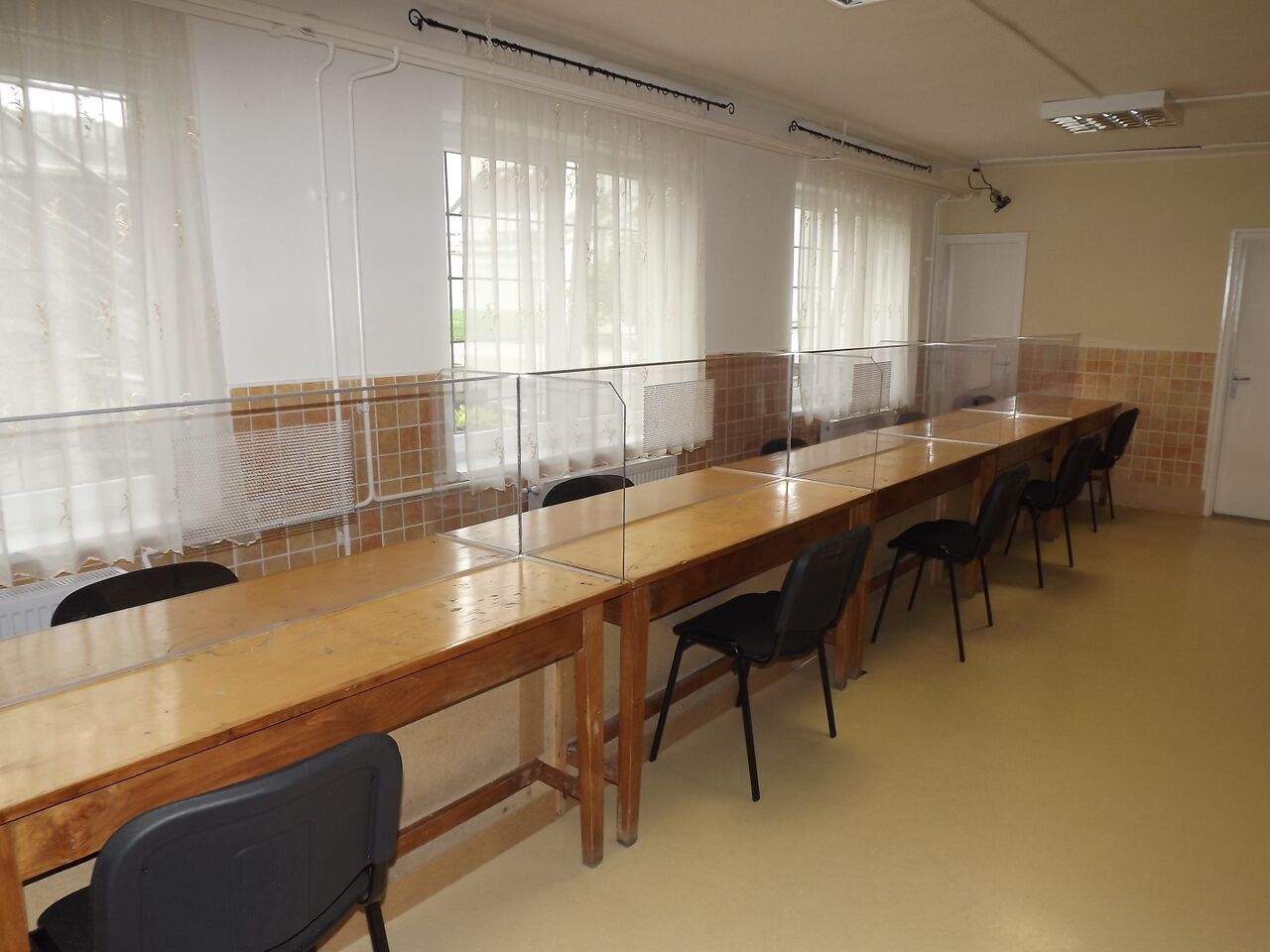ECtHR: Physical separation of a detainee from his visitors cannot be considered necessary in the absence of any established security risk
Since 2017, the Hungarian National Penitentiary Administration ordered prisons to conduct the most common prison visits in groups where several detainees and their visitors are separated by a plastic partition, a so-called plexiglass wall, under control, regardless of their security classification, without an individual risk assessment. Any physical contact between detainees and their visitors is strictly prohibited. In October 2023, the European Court of Human Rights found that this general practice violates the right to respect for private and family life – Article 8 of the European Convention on Human Rights.
Translation is available for this content
Váltás magyarraIn a case now proven to become a substantial strategic litigation success, two Applicants (one of whom was represented by the Hungarian Helsinki Committee’s attorney) submitted complaints under Article 8 of the Convention about the complete physical separation from their incarcerated family member with a plexiglass partition during their visits to him in prison. Until 2017, the applicants could visit their imprisoned family member while being allowed physical contact with him. In 2017, the National Penitentiary Administration issued an internal instruction that visitors and inmates were not allowed physical contact and had to communicate through a plexiglass partition. After 2017, the applicants could only visit their detained loved one in a high-security booth.
The European Court of Human Rights concluded that the restrictions imposed by the authorities on the applicants’ visiting rights did not strike a fair balance between the requirements of the regime in place for “high‑security inmates” on the one hand, and the applicants’ right to respect for their family life on the other, and therefore, established a violation of Article 8 of the Convention.
Each applicant, the family members of the man detained, was awarded the sum of EUR 5,000.
This judgment is a much-needed step towards a penitentiary system that respects family life, which the Hungarian Helsinki Committee (HHC) has advocated for since the practice started. Ending the severe restrictions on contact between incarcerated people and their family members is essential for successful reintegration. Here is the HHC’s factsheet on what is wrong with contact policies within Hungarian prisons, and here is FECSKE’s research report on Keeping in contact with detainees in Hungarian Penitentiaries.
